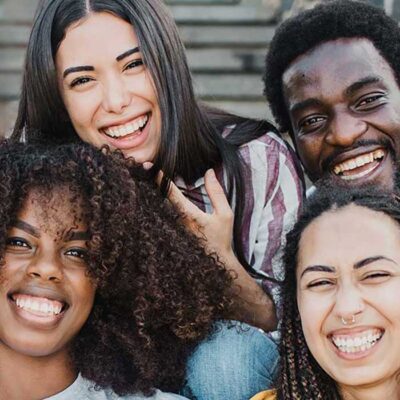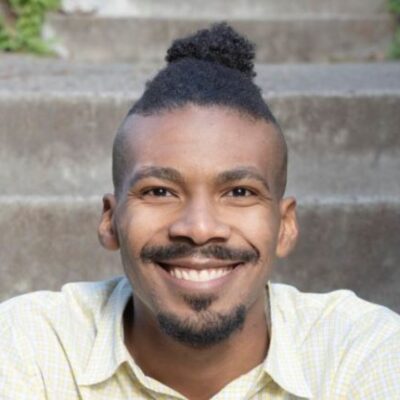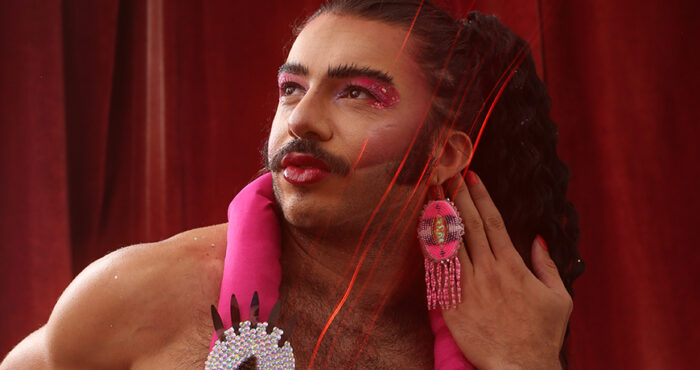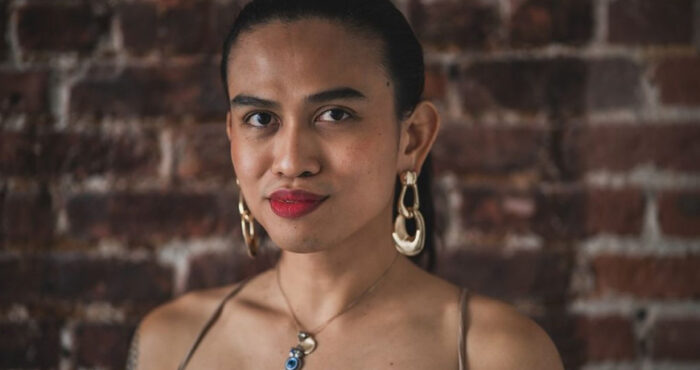Queerness and substance use collide in popular TV shows
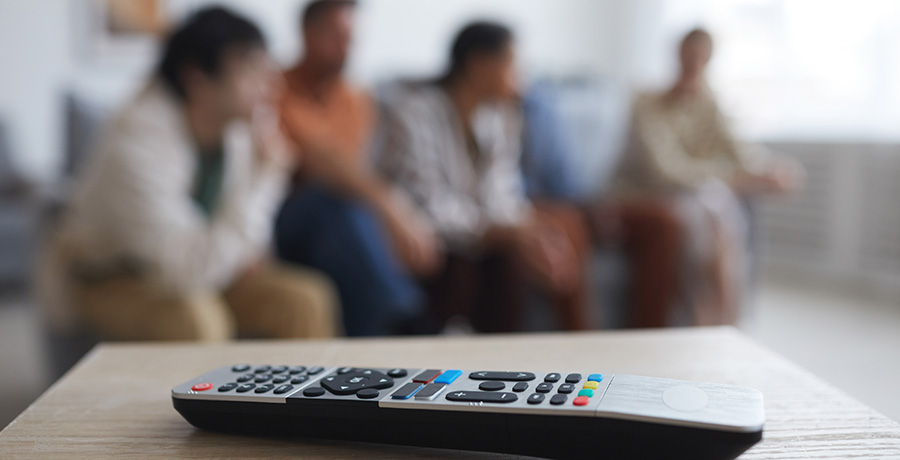
If you’re noticing more queer characters portrayed in media, you’re not dreaming. It’s true that queer representation on TV has reached all-time record highs, according to GLAAD’s Where We Are on TV Report.
Recently, I’ve begun to see queer folks represented across all walks of life–and at our best, our worst, our most dramatic, and our most mundane. What fascinates me in this moment is how TV has also bravely begun to depict the role substance use plays in the lives of many queer people.
Two shows provide strong queer characters that also have a plot centered around substance use and recovery — Euphoria and Dopesick. In HBO’s Euphoria, Rue Bennett (Zendaya) is a teenage girl in recovery who struggles to find her place in the world, and falls deeply in love with a trans woman, Jules Vaughn (Hunter Schafer). Meanwhile, in Hulu Original’s Dopesick, many storylines intervene to describe a West Virginia coal mining community at the epicenter of the opioid crisis, including the story of Betsy Mallum (Kaitlyn Dever), who falls in love with Grace Pell (Cleopatra Coleman).
In reality, rates of drug mis-use and addiction in the LGBTQ community are frighteningly higher than those of other groups. Of course drugs impact people who are not part of the LGBTQ community similarly, but the social systems of our society don’t create a universal human experience.
Both Euphoria and Dopesick also show what’s true when substance use meets love and lust. These shows may dramatize how individuals using substances in problematic ways become abusive in relationships, but the issue is real.
Partner violence doesn’t just happen in heterosexual partnerships–it can affect anyone. In fact, according to the National Coalition of Anti-Violence Programs, 16% of LGBTQ folks in relationships have been victims to threats and intimidation.
Both Euphoria and Dopesick explore partner violence through Rue (Euphoria), who emotionally abuses her girlfriend, Jules, and Besty (Dopesick), who uses the threat of starting to use drugs again to control her girlfriend.
Both TV programs and their stars have been lauded for portraying teen substance use in real, harrowing ways. To see the pain embodied in these queer characters, was to see pain that truly exists in our queer community reflected back. Because I could see the humanity in these characters, from my couch, I cheered for them to find peace.
Unfortunately, not all characters survive the series Dopesick, but a courageous doctor, who ironically fell victim to the same opioid epidemic and recovered, devoted his life to transporting people from his community to the nearest methadone clinic. He found service to be a cornerstone of his recovery. It inspires me to see his response, because in the darkness of Betsy’s death, there’s light in his response. Instead of cycling through problematic substance use, those who make a commitment to service find an anchor and create purpose for their lives that keeps them on the journey to healing.
And for Euphoria, I’m moved by Season 3’s concluding song, “I’m Tired.” Some may call it a prayer. Some may call it a plea for help. Where gospel meets R&B which meets experimentative electronic beats, Labrinth and Zendaya sing:
Hey, Lord, you know I’m fighting
Hey, Lord, you know I’ll find it
I don’t know when or how, today
Hey, Lord, I’m on my way
When Euphoria introduced viewers to this song, we’ve seen Rue relapse yet again, and she’s feeling powerless over her substance use. Admitting powerlessness is one of the first steps of many recovery programs. The point is not to make anyone feel more powerless, but precisely the opposite: to make a person in need aware of all of the tools and resources available to get back on track.
I appreciate that these conversations are taking place in media and that queer people are appropriately a part of them. We need to see these examples of what our community looks like when it’s in pain, and we also need to see examples of how our community can find healing.


